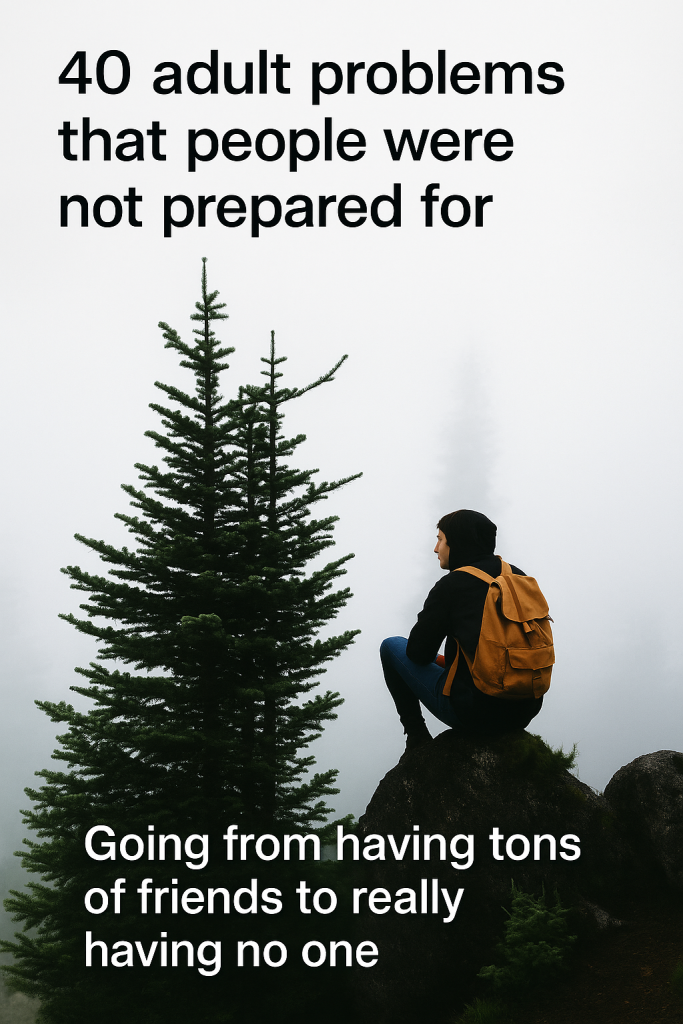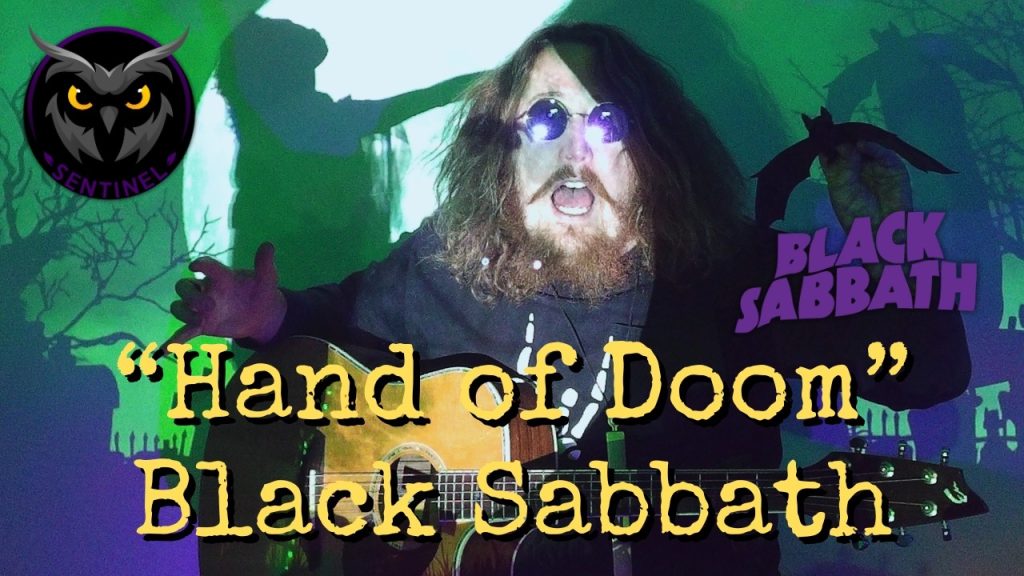In 2024, a viral social media post has sparked widespread conversation about the unexpected problems adults face, especially the emotional challenges often overlooked in discussions about growing up. The post features an image of a solitary individual accompanied by the stark text: “40 adult problems that people were not prepared for – Going from having tons of friends to really having no one.” This simple, yet powerful statement has resonated deeply with many, shedding light on a common, but rarely discussed, experience of modern adulthood.
While entering adulthood is often glamorized as a time of independence and self-discovery, many people find themselves unprepared for the subtler hardships that come with it. Among the 40 problems highlighted in the viral post, one stands out for its emotional weight: the erosion of friendships and social connections.
Experts and social commentators have noted that as people age, their social circles often shrink dramatically. This trend is attributed to a variety of factors, including increased work commitments, family responsibilities, relocations, and changing priorities. As one user poignantly put it in response to the post, “It’s not that people stop liking you, life just makes it hard to keep up.”
The loss of social connections can have serious implications for mental health. Researchers underscore the importance of friendships for emotional wellbeing, noting that adults overwhelmed by new obligations frequently experience isolation, anxiety, and even depression. In fact, this social drift is so common that it is increasingly recognized as a critical adult problem that deserves more open dialogue.
Other challenges on the list include managing finances, navigating healthcare, sustaining motivation without clear guidance, and balancing career growth with personal life. But there’s a consensus that emotional loneliness and navigating social changes hit harder than many anticipated.
Psychologists emphasize that this shift isn’t a reflection of personal failure but a natural part of life’s changing rhythms. “It’s important to acknowledge that friendship evolves,” says a mental health expert. “As adulthood demands more of our time, quality often replaces quantity. Learning to nurture those few meaningful connections is key.”
This viral post has not only sparked empathy but also motivated many adults to seek ways to rebuild their social lives. From joining community groups to exploring online platforms for shared interests, people are reimagining what friendship means in adulthood.
In today’s fast-paced and digitally connected world, the feeling of “having no one” can sometimes be paradoxically more prevalent. However, the growing awareness around such issues marks a hopeful step toward addressing the challenges of adult life more holistically.
As the conversation continues to unfold online, it serves as a reminder that growing up is not just about financial independence or career success but also about navigating the complex emotional terrain that comes with changing friendships and social landscapes. Adults everywhere are learning that while they may face problems they never expected, they are certainly not alone in them.



